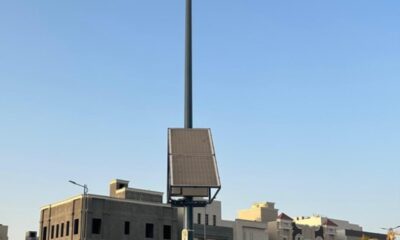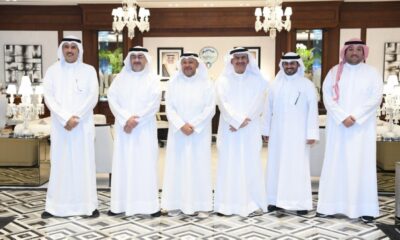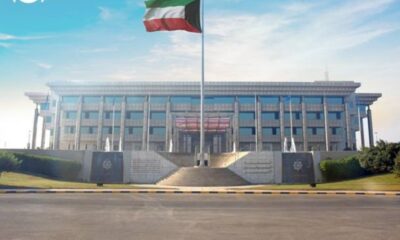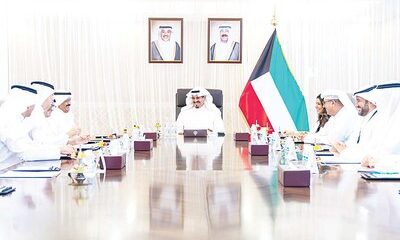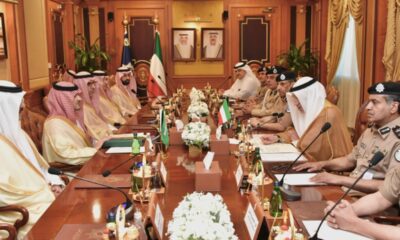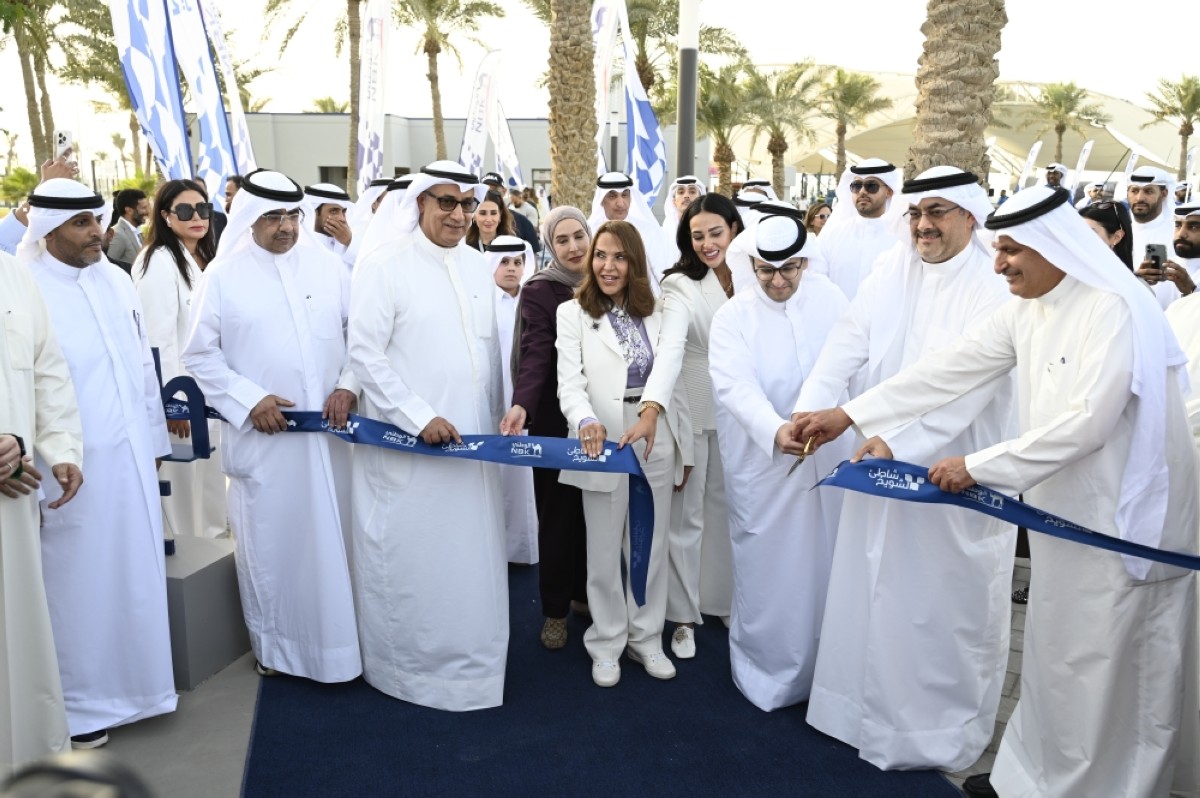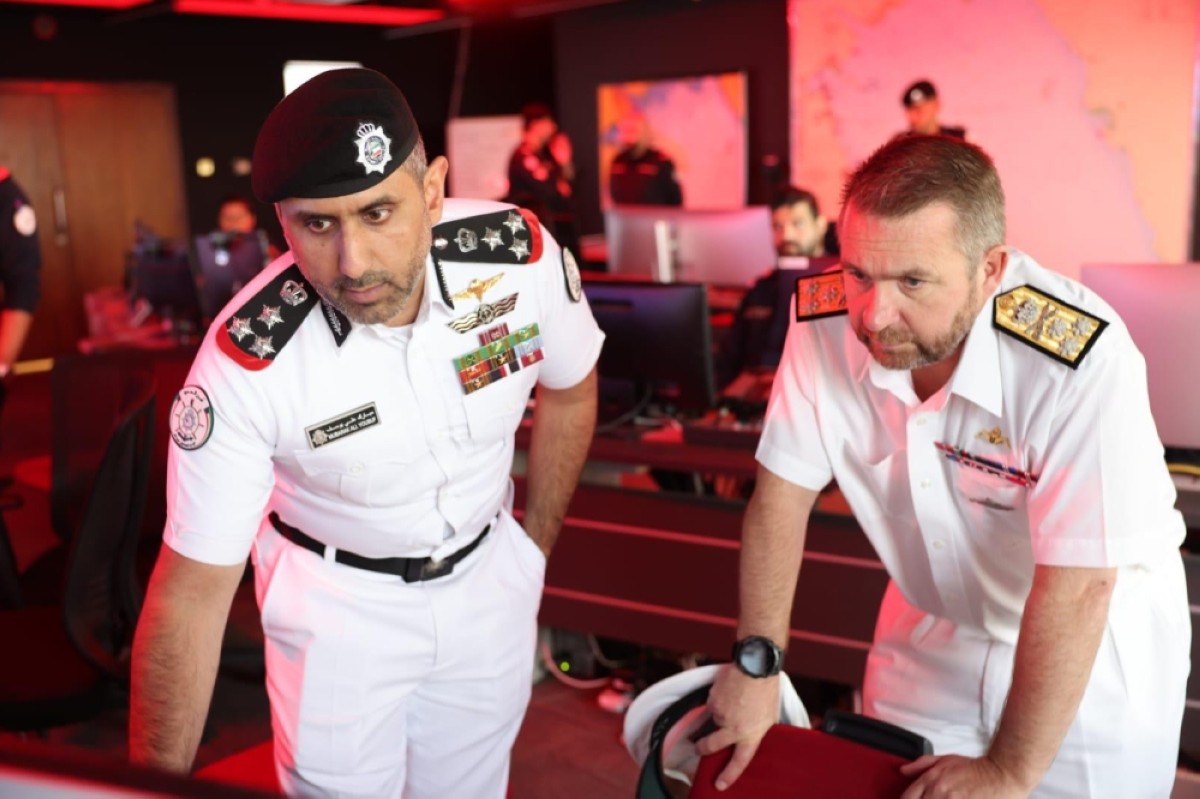KUWAIT: Inter-ministerial coordination in Kuwait has witnessed a marked rise, reflecting strategic reforms in the administration of public services and state institutions. This growing synergy among ministries and government entities has resulted in significant achievements across various vital sectors, laying the groundwork for new developmental and service-oriented horizons. Institutional integration has played a key role in propelling major national projects forward, supporting unified efforts in areas such as electricity conservation, combating illegal cryptocurrency mining, accelerating digital transformation and boosting infrastructure maintenance across the country.
A prime example of high-level coordination is the activation of memoranda of understanding (MoUs) between Kuwait and China, particularly in strategic ventures such as Mubarak Al-Kabeer Port. These agreements highlight joint efforts between relevant state bodies to push forward key development initiatives. In line with Kuwait Vision 2035, the government has stepped up cooperation between the Ministries of Finance, Foreign Affairs, Public Works, and others to strengthen bilateral relations with China and fast-track the execution of major infrastructure projects.
The housing sector has also received considerable attention. In March, a Coordinating Committee was formed to oversee the provision of services for housing projects. The committee, which includes representatives from eight government bodies, is tasked with ensuring the completion of housing initiatives and aligning inter-agency efforts in the operation and maintenance of current and future residential areas. It also defines the entities responsible for receiving completed buildings in accordance with set timelines.
The committee includes members from the Ministries of Finance, Public Works, Electricity, Water and Renewable Energy, and Communications, along with Kuwait Municipality, the Public Authority for Roads and Transportation (PART), the Public Authority for Agricultural Affairs and Fish Resources, and Kuwait Credit Bank. This reflects the government’s commitment to consolidating efforts in this critical sector.
Government efforts to promote electricity conservation have been reinforced by the formation of a dedicated committee comprising various ministries and agencies. This committee is developing a comprehensive awareness program to highlight the importance of conservation, both economically and environmentally. Government bodies have issued guidelines to reduce energy consumption, initiated national campaigns, partnered with the Ministry of Electricity, and deployed inspection teams to ensure compliance across facilities.
Earlier this month, the Higher Committee for Energy began reviewing the National Energy Transformation Document 2024, prepared by the Kuwait Foundation for the Advancement of Sciences (KFAS). The document, a key reference for national energy development, is under review by representatives from Kuwait Petroleum Corporation, Kuwait Institute for Scientific Research (KISR), the Public Authority for Housing Welfare, the Ministry of Finance, the Kuwait Authority for Partnership Projects (KAPP), the Public Authority for Industry, the Environment Public Authority and Kuwait Municipality.
In a parallel move, joint coordination among state entities resulted in a successful nationwide campaign targeting illegal cryptocurrency mining. The Ministry of Interior, in collaboration with the Ministry of Electricity, Water and Renewable Energy, and the Public Authority for Industry, carried out the campaign in April, uncovering multiple non-compliant residences, seizing mining equipment, and initiating legal action against violators. The Public Prosecution has since launched investigations into 31 reports of illegal electricity usage tied to cryptocurrency mining in 59 homes, questioning 116 individuals involved.
As part of Kuwait’s digital transformation agenda, a large-scale coordination workshop was held in April, gathering representatives from 38 government bodies involved in the Sahel app. The workshop reviewed key performance indicators, noting that over 91 million services have been delivered via Sahel since its launch in September 2021, with the user base reaching 2.7 million. Government agencies continue to reengineer their services in line with digital journey standards, aiming to improve efficiency, streamline procedures, and enhance user experience through data-driven development.
Meanwhile, coordination between governors and various state authorities has been strengthened through regular meetings and field visits. These efforts aim to unify work mechanisms and enhance service delivery across governorates. Since the nationwide road maintenance initiative launched in December, the Ministry of Public Works, the Ministry of Interior, and PART have maintained close collaboration to implement the plan according to schedule. Ongoing inspections are being carried out to ensure quality and efficiency, supporting a broader strategy to improve road networks, enhance safety, and accommodate urban expansion and rising transportation needs.
In efforts to boost government sector performance, the Civil Service Commission, in coordination with 13 government entities, introduced evening working hours in January. Following a series of meetings, the participating bodies established a framework to deliver services during both morning and evening shifts. The initiative aims to improve work environments, enhance productivity, and elevate the quality and speed of service delivery to citizens and residents. — KUNA
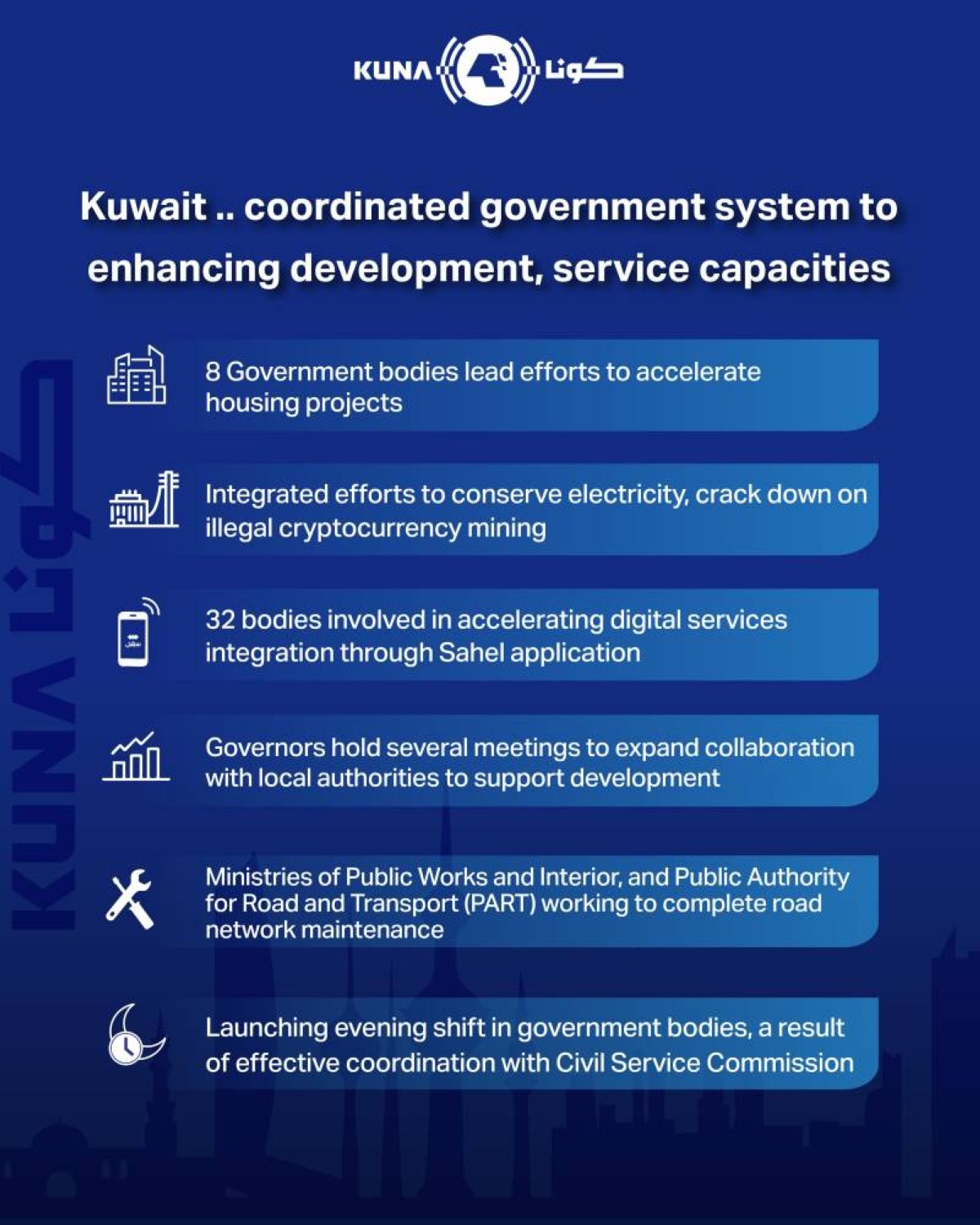

 Latest News24 hours ago
Latest News24 hours ago
 Business17 hours ago
Business17 hours ago
 Politics10 hours ago
Politics10 hours ago
 Latest News17 hours ago
Latest News17 hours ago
 Latest News15 hours ago
Latest News15 hours ago
 Latest News8 hours ago
Latest News8 hours ago
 Politics7 hours ago
Politics7 hours ago
 Latest News7 hours ago
Latest News7 hours ago
